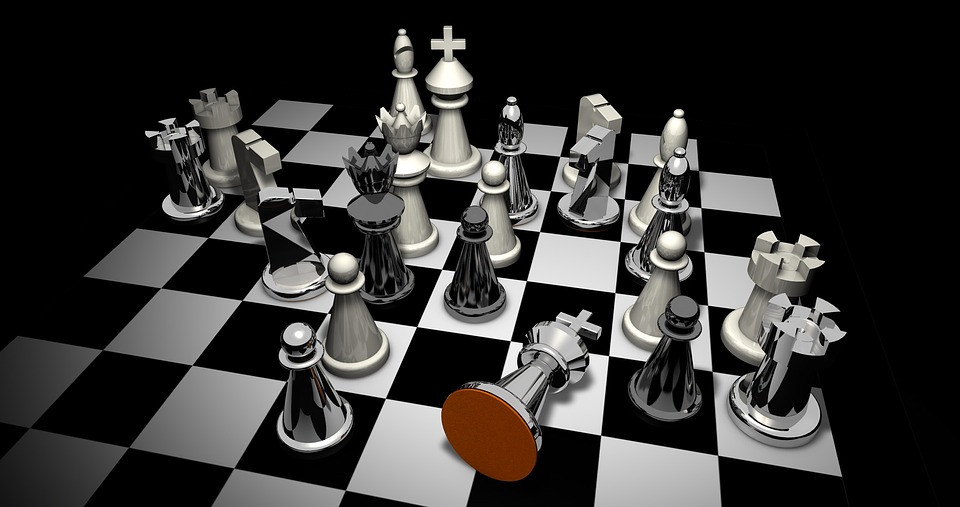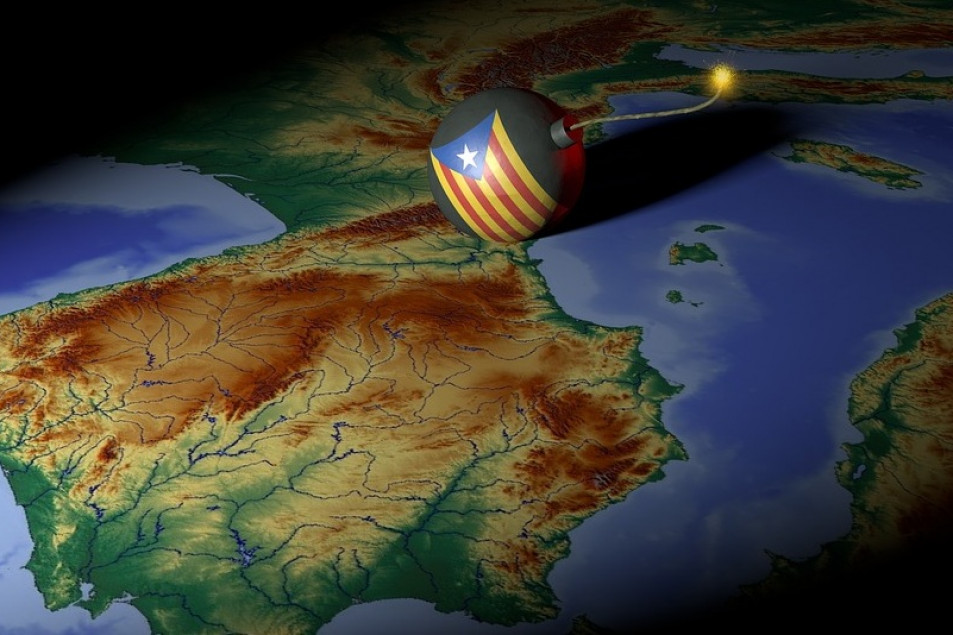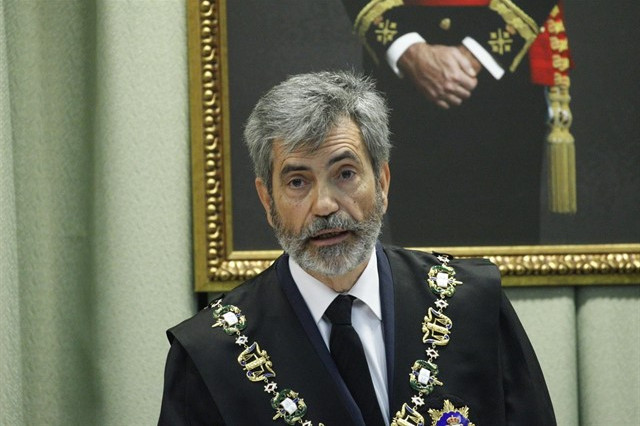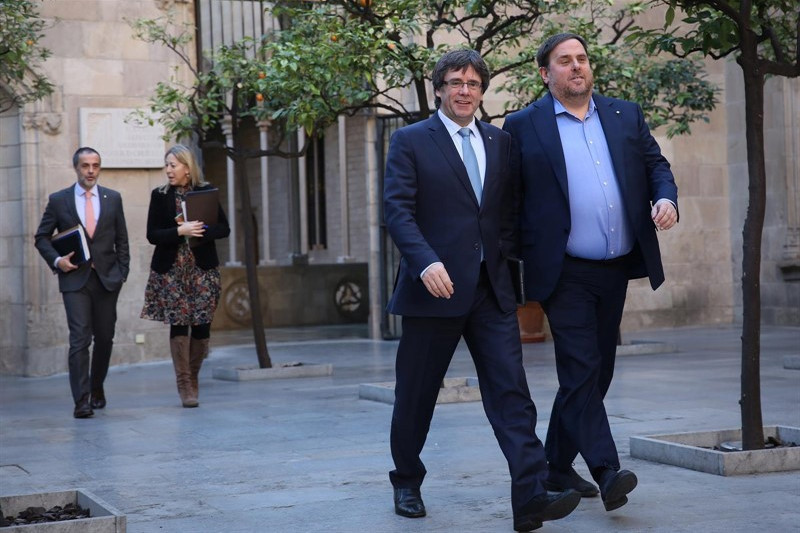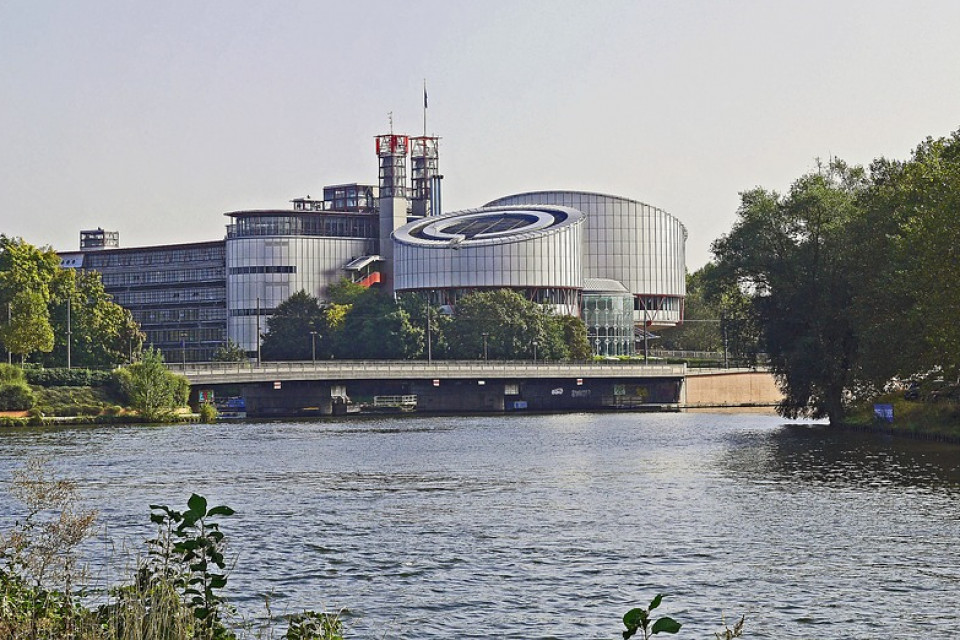"Ubisocietas, ibiius," a well-known Latin aphorism pronounces: wherever there is life in society, there is the Right. And sensu contrario, the corollary is that a political community cannot persist if it puts in into check -in a permanent and intense way- its basic institutions and its legal system. We do not need to look too far to detect the clearest manifestations of this undeniable reality, while in our homeland we observe how civil discord is perpetuated, which some politicians have been planting for many years. However, now it is not a matter of doing an exercise of national introspection, but of carrying out a reflection on the current health of European unity, in line with the foreign judicial decisions relapsed on the occasion of the Catalonian conflict.
Let's start with a summary -and objective as far as possible, given my inescapable condition of being both judge and jury- description of the facts. Back in the summer of 2017, the pro-independence movement wanted to make a decisive blow and floored the throttle on the final stretch of its road map (the one at the time, because there are already...), dragging all Spaniards to the announced "train wreck." Thus, in two successive days in notorious memory, the regional Parliament approved the laws of the "referendum of self-determination" and "of the legal and foundational transition to the Catalonian Republic", with the total opposition of the general secretary and the lawyers of the chamber, as well as the absence of more than a third of the members of parliament at the time of voting.
From then on, the "invisible" machinery of the Generalitat went ahead with the preparations for October 1st, despite the precautionary suspension handed down by the Constitutional Court on both provisions, upon admitting the speedy challenges of the central government to proceedings (articles 161.2 CE and 64.2 LOTC). According to the law 19/2017, a victory of the "yes" would imply the unilateral declaration of independence would be announced by Parlament, in the 48 hours that followed. Therefore this would lead to the entry into force of the law 20/2017", supreme law of the land (transitory) of the Catalonian legal system" (article 3) that says, for example, that the president of the Supreme Court is to be elected by a Mixed Commission with participation parity of the Executive (article 66.4). Montesquieu is dead, Alfonso Guerra dixit.
THE PROSECUTOR'S OFFICE FILED A LAWSUIT FOR REBELLION, SEDITION AND EMBEZZLEMENT
During the month of September, the public powers of the regional government -representatives of the State in Catalonia- continued with their confrontational attitude, although they were delegating some areas of the referendum organization to independentist (not directly governmental) associations. The primacy of these entities became evident on the 20th in front of the Generalitat Ministry of Economy headquarters, when a crowd of protesters prevented the police and judicial authorities complying with the resolution ordering the entry and registration of those dependencies. The images are very revealing: obstruction of the agents, destruction of public goods -Civil Guard vehicles- and coercion of the civil servants.
After the vote on 1st October, the regional government assumed the presumed mandate of the public at large who went to the polls that rainy Sunday.
On the 10th, Carles Puigdemont timidly proclaimed the independence of Catalonia in the Parlament, but asked to suspend its legal effects to allow dialogue with the Spanish State. Now that the procedure foreseen in ex Art. 155 CE was put into effect on October 27th, the regional chamber approved the operative part of a resolution whose preamble included the symbolic unilateral declaration, but which was never published by the official gazette. Only three days later, the Prosecutor's Office filed a lawsuit against the dismissed members of the Govern for rebellion, sedition and embezzlement, as they encouraged an "active insurrection movement".
This accusation caught Puigdemont, Comín, Ponsatí, Serret and Puig on the run to Brussels, thus avoiding the precautionary measure of provisional prison without bail that the National Court decreed for Junqueras and seven other ex-councillers. After a first request for a European order of arrest and surrender (OEDE) by Judge Lamela to the Belgian authorities, faced with the risk of restricting its scope, the examining magistrate Pablo Llarena withdrew it on December 5th, shortly after the Supreme Court also took up proceedings against the dismissed members of the regional government.
In March 2018, taking advantage of Puigdemont's trip to Finland, the TS decided to reactivate the petition, which led to the former president's arrest in Germany.
What follows necessarily leads us to the technical-legal analysis of the OEDE, a novel mechanism that was introduced into the acquis by the Framework Decision (DM) 2002/584/JHA, to advance the judicial integration of the EU. The rule - already embodied in the Spanish, Belgian and German legal systems-, modified in 2009, simplifies the delivery of a handing over between judicial bodies of the Member States, who now communicate directly, by virtue of the principle of mutual trust. Out of the 32 crimes in which the receiving country is obliged to respond to an ipso-iure request, the article opens the door for internal laws to demand, additionally, proof of the so-called "double criminality" of the objective conduct.
THERE ARE TWO ARGUMENTATIVE DEFICIENCIES IN THE RESOLUTION OF THE GERMAN ORGAN
However, the DM 2002/584/JAI states that "(...) the handing over may be subject to the requirement that the facts justifying the issuance of the European arrest warrant constitute an offense in respect of the law of the Member State of enforcement, independent of the constituent elements or the qualification thereof " (article 2.4). The last caveat leaves no doubt as to how this clause should be interpreted, if it is incorporated into the corresponding national transposition norm. In a nutshell: full identity is not necessary in the classification of the prosecuted conducts, not even a certain similarity in the legal description. Rather, it suffices that the facts are subsumable -abstract, grosso modo- in some receiving country criminal offense.
If we go deeper into the content of the resolutions issued by the executing judicial bodies of the OEDE requested by Llarena, we realise that the German and Belgian courts have incorrectly applied the community order (if not also their internal transposition law). Indeed, we should begin with the German case, as it is particularly flagrant: in its first judgement, on 5th April, the Oberlandesgericht of Schleswig-Holstein declared Puigdemont's handing over to Spain prima facie inadmissible for a crime of rebellion, as "(...) the behaviour that is imputed to the defendant, according to the Law in force in the Federal Republic of Germany, would not be punishable "(Legal Basis II 2 a).
There are two major deficiencies in the argument of this resolution of the German organ. At the level of interpretation of the National Code, it is paradoxical to maintain that the degree of violence punishable by high treason (§ 81 StGB) is only appropriate to subject the public power to the demands of the rebels. As Enrique Gimbernat argued -no suspicious, because he had already sustained subsumption by mere sedition-, such reductionism "(...) would lead to the conclusion that § 81 could never be applied and, naturally, when the legislator creates a type of law, it is because there has to be the possibility of (...) it entering into play" (El Mundo, 04.16.2018, p.17).
Tertium non datur: if the rebellion fails, there was not enough violence to constitute an infraction; if it succeeds, the new power constituted will not pursue it.
However, for the purpose of this article, it is more interesting to clarify why the aforementioned order, dated April 5th, is contrary to Community Law. According to the DM 2002/584/JAI, Germany would be obliged to hand over Puigdemont for all the crimes requested, if his behaviour fitted criminal typology of the StGB. and that is precisely what the German court did: it indicated that the dismissed president acted in a similar way to that of the environmental leader Alexander Schubart, condemned (in 1983) for breach of the public peace and generic coercion. Then the Oberlandesgericht Schleswig-Holstein obviates the scope that the EU order gives to the requirement of double criminality: if the cases compared are "in some details even identical", it is false to conclude that Puigdemont's behaviour would not be punishable in any way according to the StGB.
THE INTEGRATION OF NATIONAL JUDICIAL SYSTEMS IS PUT INTO CHECK
Remember that the literal tenor of Art. 2.4 DM 2002/584/JAI is such: it corresponds the handing over of those called for when the events that motivate the Euroorder are subsumable into any criminal offense provided for in the laws of the recipient country", regardless of the constituent elements (of the crime) or the qualification thereof." This is also repeatedly certified by the Court of Justice in the European Union; for example, recently, in a judgment on January 11th, 2017 (Grundza case). In a nutshell: according to Community law, the principle of double criminality is fulfilled, even if the titles of the charges brought are not equivalent in the issuing and executing States of the OEDE. This is so to enhance judicial assistance between members who place mutual trust in each other.
Well alerted of its serious error of interpretation, on the part of the German prosecution, the Oberlandesgericht changed its line of argument in the definitive judgement, of 12th July, 2018.
Then it backtracked on its previous resolution, to affirm that the similarity between the conducts of Schubart and Puigdemont is not real. This Copernican turn of events, in addition to its manifest incoherence -Where does the aphorism "venire contra factum proprium non valet "? -, is constructed on the basis of a tendentious factual account. For the court, the former president of the regional community did not have any control over the act against those who promoted the breach of the public peace (§ 125 StGB) and could not foresee violent confrontations between police and voters, which is why double jeopardy is denied.
Obviously, such a description cannot be further from reality. From the High Court indictment it is inferred, even in an indicative manner, that Puigdemont knew -dolo- what would happen to the 1st October, as he was warned of it by the heads of the Regional Police Force, the Mossos, in a meeting at which Junqueras and Forn were also present. In addition, as Enrique Gimbernat pointed out, it is clear that the defendant was able to control the situation of whether or not there were altercations; to avoid it", (...) it was enough that he had carried out, among other things, only one of the following things (...): not calling the referendum, suspending it after having convened it, not facilitating premises for voting, not providing ballot boxes or not supplying ballot papers" (El Mundo, 31.07.2018, p.15).
Now is the time for a brief review on the Belgian court judgement of 16th May, that considered inadmissable the European order for detention and handover against Comín, Puig and Serret, under the pretext that there were no previous orders of national detention, properly emitted. This procedural defect -the result of the assumption by the Supreme Court of a procedure initiated by the National Court - is legally unacceptable: according to the Spanish Prosecutor's Office, the indictment issued by Llarena on March 21st is a valid and sufficient order "for the purpose of the detention and handover of the accused (,) who have fled from the action of justice". Given the Belgian and German antecedents, the investigating magistrate of the case withdrew all the requests issued, which avoided the embarrassment of seeing how the Scottish and Swiss bodies avoided carrying out due process.
Finally, and as a culmination to the analysis of the foreign resolutions relapsed on the occasion of the Catalonian conflict, I propose my hypothesis about the unfortunate consequences that the current scenario could bring about. The decisions of the Belgian and German courts unquestionably jeopardize that slow path that the EU had taken towards the integration of its national judicial systems. The different assistance and mutual recognition mechanisms have always rested on the principle of trust between Member States, which comprehend a part of a cultural space with common values. Beyond the political implications of the matter, the issue is essentially legal: European law requires handing over Puigdemont and company. However, everything indicates that this is not the only battlefield on which the future of the Old Continent depends.



